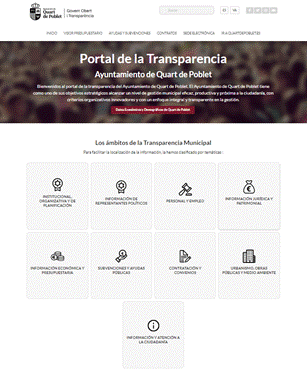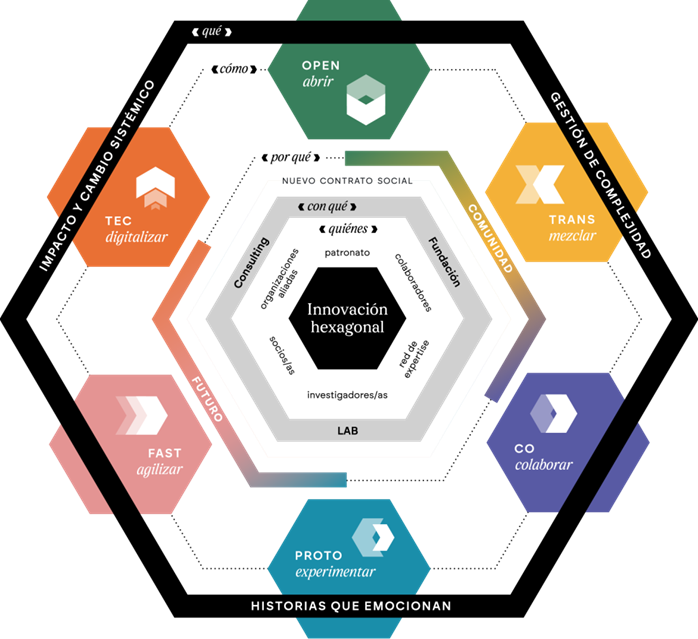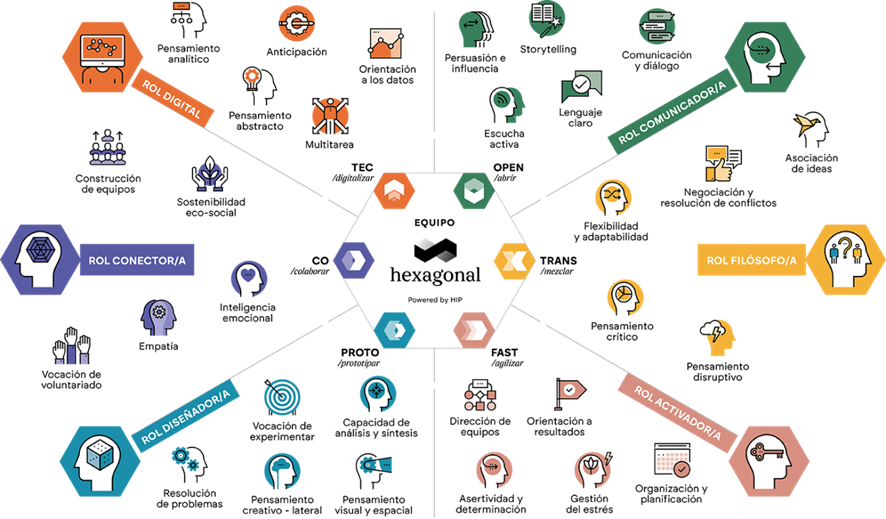Quart de Poblet’s introduction of an Urban Innovation Laboratory
To work with citizens means creating transparency
When the Quart de Poblet Town Council joined the Agents of Co-Existence network, one of its main objectives was to include a greater number of citizens in civic participation and to involve municipal officials in different forms of participation.
With this goal in mind, and with the support of the network of municipalities that make up Agents of Co-Existence, the ‘Ajuntament Obert’ (Open Council) project was created with the aim of achieving more transparent municipal management and facilitating interaction between citizens and local government. Therefore, we seek to develop a plan to improve the department's participatory processes, such as Participatory Budgets, giving them a new dimension in which citizen participation fits in with the work of the council's technical staff.
A fundamental tool in this process is the Transparency Portal, which allows for the incorporation of new functionalities that not only enables compliance with the information and transparency obligations established by law, but also creates a clear, comprehensive, and accurate platform for communicating management tasks to citizens.

Transparency Portal
In order to use this tool, it is important to train citizens in the use of the options made available to them by the council, as well as to train public officials to ensure a constant flow of information to citizens. It is essential to train public officials in the use of tools to automate files and incorporate them into the transparency portal.
Transparency also asks a change in public service
In developing our Integrated Action Plan (IAP), we realised that the tools at our disposal were not sufficient to achieve our objectives. A change of mindset was needed in the way we relate to citizens, so that the new tools would be supported by new ways of understanding public service at the local level.
The Quart de Poblet Town Council, like any medium-sized European city, faces a set of complex challenges (new public services, digitisation of the city, care networks, youth leisure, intercultural coexistence, etc.), in addition to some specific challenges (rapid growth, new urban developments, climate resilience, etc.). This collection of challenges requires us to rethink our organisational models, their governance and participation processes, public policy production systems, and the redesign of the public services we provide to citizens.
To get where we want to be, we need to promote an agenda of innovation and transformation that fosters profound cultural change, involving all stakeholders (representatives, technicians and citizens) and focused on experimenting with solutions, combining proposals with long-term impact with small, quick wins that influence key levers and serve as visible, evidence-based learning processes to continue fuelling the process. We call all this the Urban Innovation Laboratory.
How the idea started
At the beginning of June, we held the Core Network Meeting of the Agents of Co-Existence network in Quart de Poblet. The meeting included a masterclass on Open Government, for which Raúl Olivan, founder of the Hexagonal group and a leading authority on Open Government, both nationally and internationally, was invited. He proposed to organise an ‘urban innovation workshop’ aimed at the project's international network, with the aim of creating a space for mutual learning and shared reflection on policies of citizen participation, diversity and coexistence. This idea was so inspiring that the decision was made to replicate it that same day for politicians and technicians from the city council, making it more specific and more focused on local needs.
The result was more than positive, it was transformative. From that seed arose the need to deepen and develop the idea planted that day. So we moved from a workshop to an ‘Urban Innovation Laboratory’ following the method developed by Hexagonal.
The Urban Innovation Laboratory
The Quart de Poblet Urban Innovation Laboratory is an institutional and citizen space, aimed at exploring, experimenting and transforming how the city faces its contemporary challenges. It is a public innovation infrastructure connected to the Hexagonal model, which articulates six key vectors: open, mix (trans), streamline (agil), collaborate (co), prototype (proto) and digitise (tech).
Based on this logic, the laboratory seeks to:
•OPEN: Open local government to new voices, knowledge and demands.
• TRANS: Mixing disciplines, perspectives and diverse actors to enrich solutions.
• AGIL: Streamlining decision-making processes and institutional response.
• CO: Collaboration between citizens, technicians, politicians, associations and the economic sector.
• PROTO: Prototyping solutions before scaling them up, testing policies on a small scale.
• TECH: Digitising tools, data and services, ensuring their inclusive use.

hexagonal innovation
The laboratory, in its first phase (Phase 0) of Diagnosis and Ecosystem Activation, is organised into three different workshops, each with its own objectives and dynamics that will culminate in a final deliverable.
The laboratory is configured as an institutional learning environment, where error, evidence and active listening are assets for change. It does not aim to replace the existing municipal structure, but rather to function as an experimental interface between the administration, citizens and systemic challenges.
Hopes for the future
The City Council's commitment extends beyond these three initial workshops, and it is hoped that, outside the umbrella of the Agents of Co-Existence project, the Urban Innovation Laboratory will continue throughout 2026 and succeed in generating a change of mindset and dynamics among civil servants serving citizens.
The actions we are carrying out in our IAP focus on both tools and capabilities. We believe that, with the Transparency Portal, we have a powerful tool at our disposal to reach citizens, and we are convinced that we will be able to boost the capabilities of public employees so that this tool can reach its full potential. We are convinced that citizens will respond positively and actively to the changes we want to achieve.
The goal of an ‘Open City Council’ is therefore in our hands, in our work and in our ability to be open to change. Quart de Poblet’s participation in the Agents of Co-Existence-network has helped making these steps.
Annex: Structure of the ‘Quart 2035’ Urban Innovation Laboratory
Workshop 1 — ‘Looking inward’
Objective: To understand how the City Council works as an organisation, identifying strengths, limitations and internal points of friction.
Output:
→ Organisational diagnosis document
→ Identification of internal capacities, frictions and levers for change
Workshop 2 — ‘Looking outwards’
Objective: To activate the ecosystem of actors, map relationships, gather perceptions and build an open catalogue of urban challenges.
Output:
→ Map of actors and relationships in the local ecosystem
→ Catalogue of key urban challenges with systemic analysis
Workshop 3 — ‘Looking to the future’
Objective: Participatively prioritise the most relevant challenges for launching the laboratory in 2026 and establish a shared roadmap.
Output:
→ Selection of 5 priority challenges with systematised files
→ Methodological and cultural bases for launching the Laboratory in 2026
Final Deliverables
• Organisational diagnostic report
• Map of actors and links in the ecosystem
• Systemic analysis document with archetypes
• 5 priority challenge files
• Summary document and next steps: ‘Foundations for the Quart Urban Innovation Laboratory’

civil servant skills
